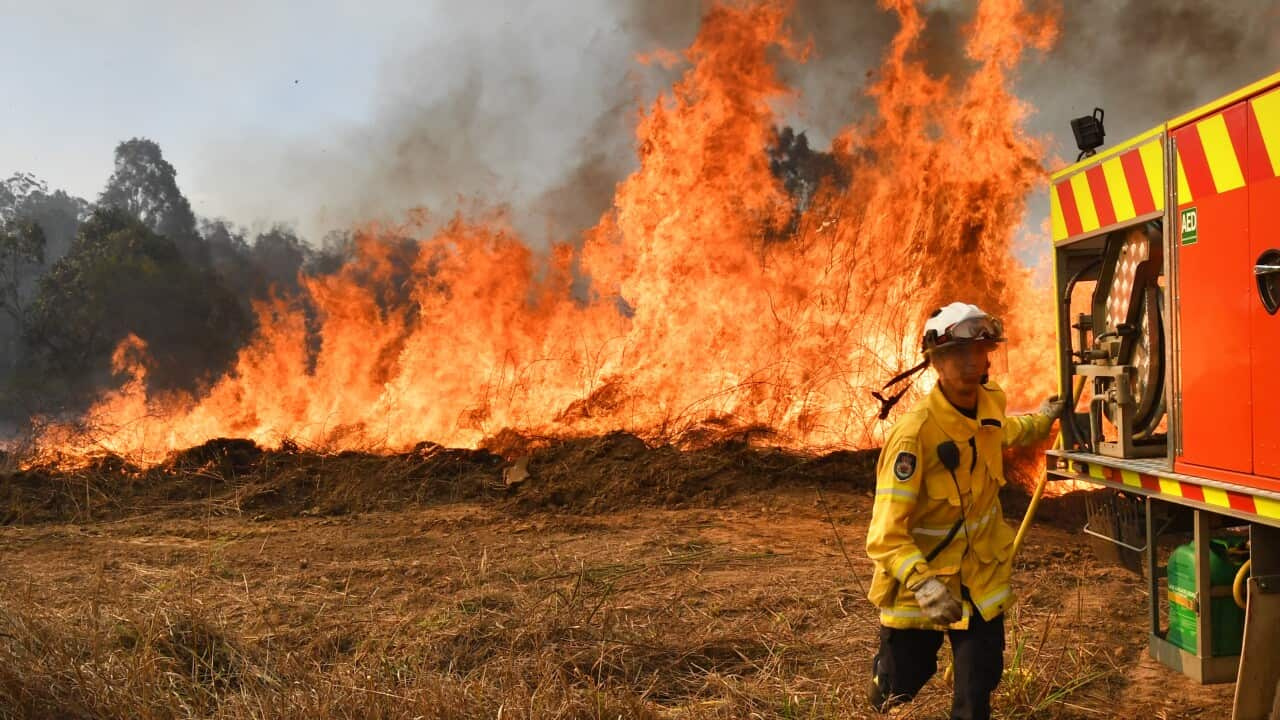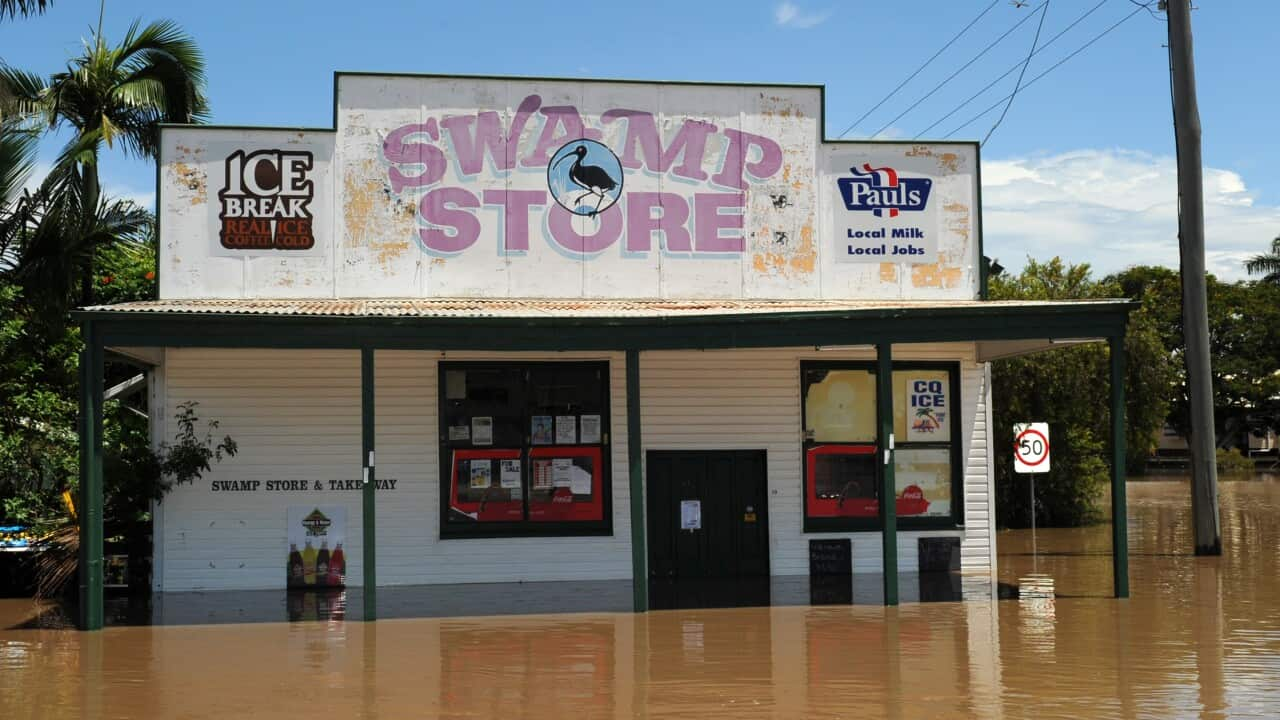Key Points
- Tuesday was the hottest day ever recorded globally, with the average global temperature reaching 17.18C.
- The record was broken for a second day in a row, after the thermometer reached 17.01C on Monday.
- Scientists have attributed heatwaves to climate change and an emerging El Niño pattern.
Tuesday 4 July was the hottest day ever recorded globally, according to data from the United States National Centers for Environmental Prediction.
The average global temperature reached 17.18C, surpassing the 17.01C registered on Monday. Both days surpassed the 17C mark for the first time on record, and were above the August 2016 record of 16.92C.
Experts said climate change and an emerging El Niño pattern were to blame.

Some scientists have predicted more records will be shattered as the summer goes on and El Niño gains strength. Credit: SBS News
In China, an enduring heatwave continued, with temperatures above 35C.
North Africa has had temperatures near 50C.
And even Antarctica, currently in its winter, registered anomalously high temperatures.
'Death sentence for people and ecosystems'
Ukraine's Vernadsky Research Base on Antarctica's Argentine Islands recently broke its July temperature record with 8.7C.
"This is not a milestone we should be celebrating," climate scientist Friederike Otto of the Grantham Institute for Climate Change and the Environment at Imperial College London said.
"It's a death sentence for people and ecosystems."
Some scientists have predicted more records will be shattered as the summer goes on and El Niño gains strength.
"Unfortunately, it promises to only be the first in a series of new records set this year as increasing emissions of (carbon dioxide) and greenhouse gases coupled with a growing El Nino event push temperatures to new highs," Zeke Hausfather, a research scientist at the US-based Berkeley Earth climate data analysis centre said.
Climate researcher Leon Simons said: "The average global surface air temperature reaching 17C for the first time since we have reliable records available is a significant symbolic milestone in our warming world."
"Now that the warmer phase of El Niño is starting, we can expect a lot more daily, monthly and annual records breaking in the next 1.5 years."
One climate scientist has predicted this month could be the hottest in over 100,000 years.
"Chances are that July will be the warmest ever, and with it the hottest month ever: 'ever' meaning since the Eemian, which is some 120,000 years ago," Karsten Haustein, from the University of Leipzig in Germany, said.
"While Southern Hemisphere temperatures will drop a bit in the next few days, chances are that July and August will see even warmer days yet given that El Niño is now pretty much in full swing."
Bushfire warning as El Niño threat looms large
Australia is likely to be at greater risk of bushfires if El Niño returns as predicted, bringing hot and dry conditions.
While an official declaration of an El Niño event for Australia is yet to come, the Bureau of Meteorology enacted an alert last week.
Scientists from the Climate Council are tipping it could be "the strongest El Niño ever measured".
While El Niño is a worldwide phenomenon, Australia is the most vulnerable nation in the developed world because it raises the risk of drought, heatwaves and bushfires in the country's east.
It also increases the chances of mass coral bleaching in the Great Barrier Reef.
Greg Mullins, an internationally recognised expert in responding to major bushfires and natural disasters, predicts an above-normal fire season for the year ahead.
"We're set for a bad year," Mullins told a Climate Council media briefing on Monday.
"If I were a betting man, I'd say we're going to get big fires this year."
Historically, bushfires were sequential, according to Mullins - with fires burning in Queensland, then NSW and then Victoria - which made it possible for states to share aerial firefighting resources.
But that may no longer be possible because of simultaneous fire seasons along the east coast.
Mullins said it was almost impossible for emergency authorities to prepare adequately for what is to come.
"(For example) Canada at the moment ... just totally unprecedented fires," he said.
"These fires are beyond the capacity of firefighting agencies. It doesn't matter how many aircraft you throw at it, how many trucks, how many people.
"We're seeing places burn that never used to burn before."
He said it was important to get ahead of the curve of global warming or doom future generations to natural and unnatural disasters that society can't recover from.













